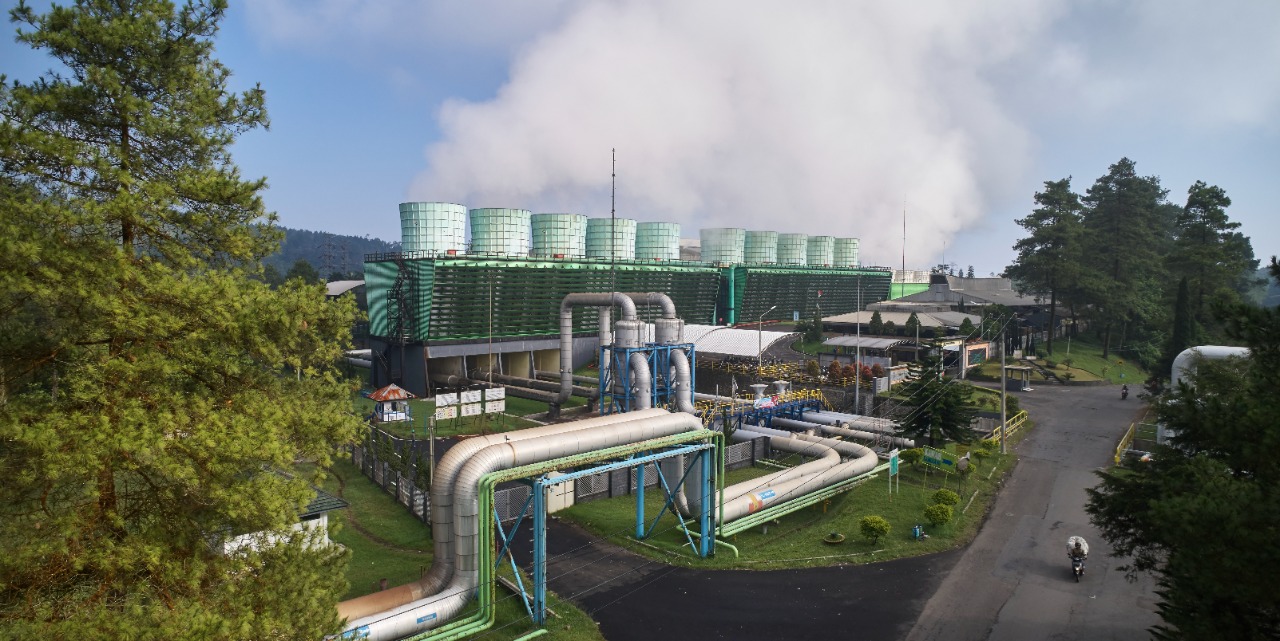Project Details
Update ESIA-LARAP for PLTP Mataloko (20 MW) & Ulumbu (20 MW) Geothermal Power Plant Project - KfW Development Bank
This project focused on updating the Environmental and Social Impact Assessment (ESIA) and Land Acquisition and Resettlement Action Plan (LARAP) for the Ulumbu and Mataloko Geothermal Power Plant Projects in Flores Island, Indonesia. The update covered not only the power plant sites but also auxiliary infrastructure such as transmission lines, access roads, borrow and material disposal pits, worker camps, and staging areas.
The final deliverables included updated ESIA and LARAP documents with clear provisions for implementation, alongside technical support to PLN during the LARAP execution process. The work ensured that the project complied with both national regulations and international safeguards while addressing environmental, social, and community concerns.
Our Role in the Project
Gap Analysis & Corrective Actions
Reviewing existing ESIA documents against field conditions and preparing a corrective action plan.
Community Engagement
Conducting Free, Prior, and Informed Consent (FPIC) with Indigenous Peoples, preparing a Stakeholder Engagement Plan (SEP), and facilitating meaningful public consultations.
Social Safeguards & Surveys
Carrying out census and asset inventory, socio-economic surveys, and preparing resettlement site assessments.
Resettlement Planning
Updating the LARAP, including institutional arrangements, grievance redress mechanisms (GRM), and livelihood restoration measures.
Cross-Cutting Strategies
Integrating gender mainstreaming and HIV/AIDS awareness into project planning and implementation.
Disclosure & Transparency
Ensuring information disclosure to stakeholders and communities in line with international best practices.
Impact
Through these activities, the project enhanced PLN’s capacity to implement the Ulumbu and Mataloko Geothermal initiatives responsibly. By combining robust environmental and social safeguards with transparent engagement and inclusive planning, the project strengthened community trust and laid the foundation for sustainable and socially responsible renewable energy development in Flores.

